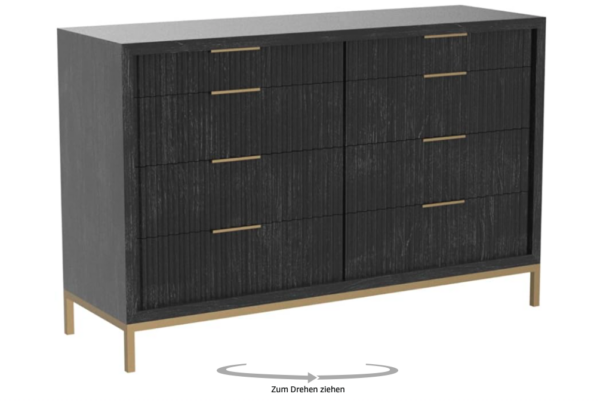What do VR and AR trigger in us psychologically?
More and more IT companies are offering some kind of virtual or augmented reality service, ranging from entertainment with virtual characters and the organisation of digital meetings to interactive product presentations online. A study by researchers and scientists at Standford University provides an insightful overview of how augmented reality can influence people’s behaviour – not only in the virtual world, but also in the real world. In this article, we will explain in more detail the effects of this and what it means for digital marketing.
Virtual and augmented reality in connection with the nervous system
The psychological impact of VR and AR can have long-lasting effects on us, as they stimulate our nervous system. Just like other real-world stimuli, those stimuli also trigger our primitive fight-or-flight response when experiencing VR and AR applications. Our brain behaves in the same way towards immersive virtual experiences as it does towards real-life experiences. This can also change the perception of stimuli in the real physical environment.
As already mentioned in other articles, VR differs from AR in that it simulates a virtual environment through the use of special glasses. You are “transported” into another world, so to speak. AR, on the other hand, adds new objects and content to the existing environment; this can also be done using glasses, but more often by displaying them on mobile devices, e.g. with the help of a smartphone camera. Many software companies are increasingly focussing on augmented reality technologies, as AR reaches a wider audience than VR due to its ease of access.
The aforementioned Standford study found that augmented reality experiences can continue to influence people’s behaviour and their interaction with the environment even after the actual use. During the research work, for example, test subjects stood in front of two chairs, one of which was occupied by a virtual avatar which they perceived through AR glasses. It was observed that even after removing the glasses, the chair on which the avatar was sitting was avoided by almost all test subjects. The decision as to where to sit afterwards therefore fell for the majority on the empty chair next to the avatar that had already disappeared. The scientists were also able to establish that test subjects were just as reluctant to carry out activities that they would normally carry out alone if they were being observed by a virtual avatar. This is because the brain perceives realistic-looking human avatars as real.
What does this mean for marketing?
AR content is thus integrated into the perception of the physical environment. However, the results of these studies only scratch the surface of this exciting area of the impact of VR and AR technologies on the human psyche. The use of mixed reality will continue to develop over the years and new areas of application are constantly emerging. Further research will be needed to fully understand the psychological effects associated with this.
The psychological influence of VR and AR technologies allows us to identify the following correlations with regard to digital marketing: One example is the virtual product presentation through AR. In contrast to online shops with normal static product photos, a higher conversion rate can generally be measured for companies that visualise their products online using AR. Why is that? Just as in the study, this may be an indication that online customers see virtual products as real, just as illustrated in the study. Similar to the virtual avatar, which suddenly finds itself in the same room through AR and then triggers a certain social behaviour in people, the display of digital furniture, for example, can do the same. So when a virtual piece of furniture is placed in your own home, it triggers a “want-to-have” feeling. The armchair not only looks beautiful, it even stands in your own living room and reinforces the impression of how it would look in real life next to the rest of the furniture. This makes the purchase decision easier, because customers already have the product at home anyway – even if this is not the case at first.





